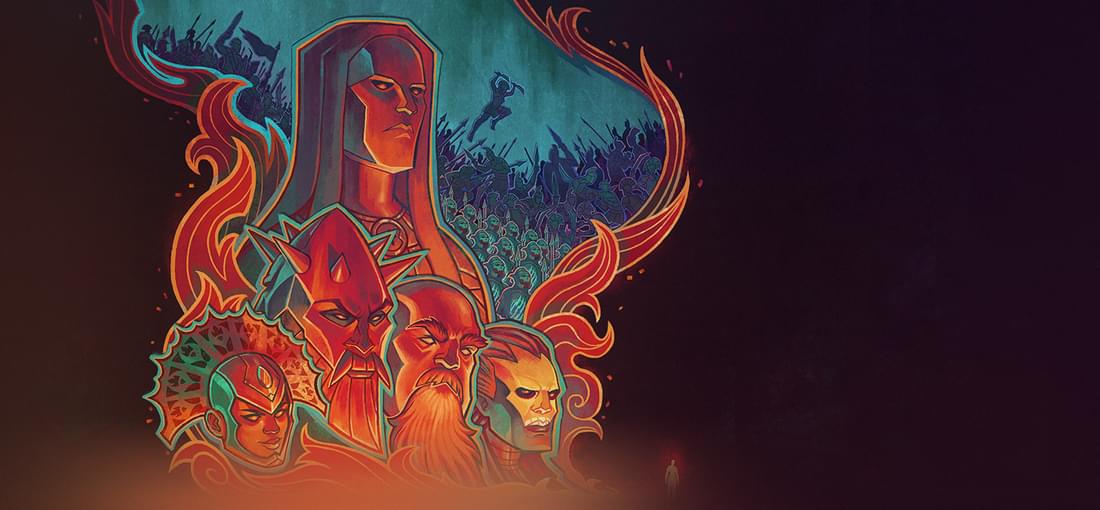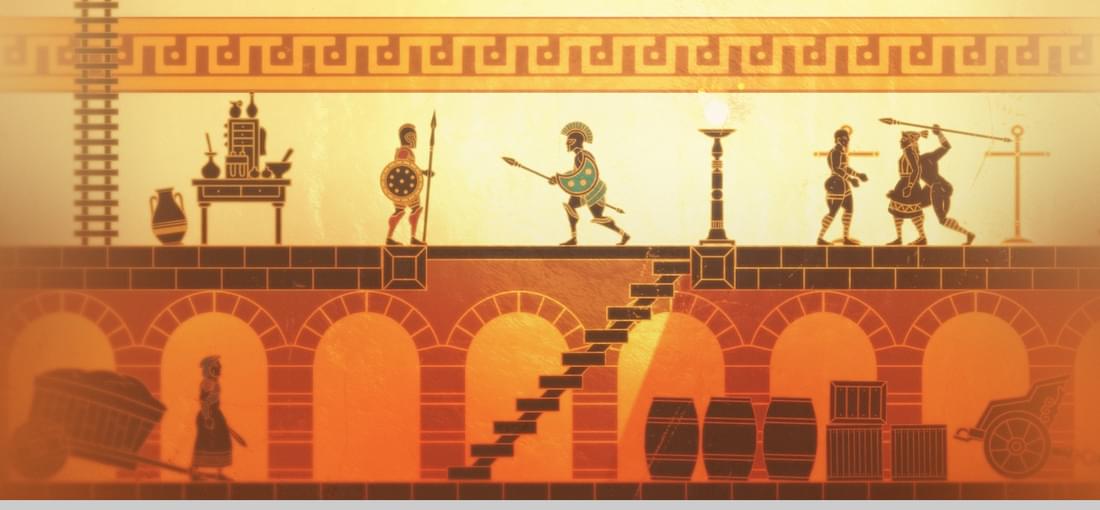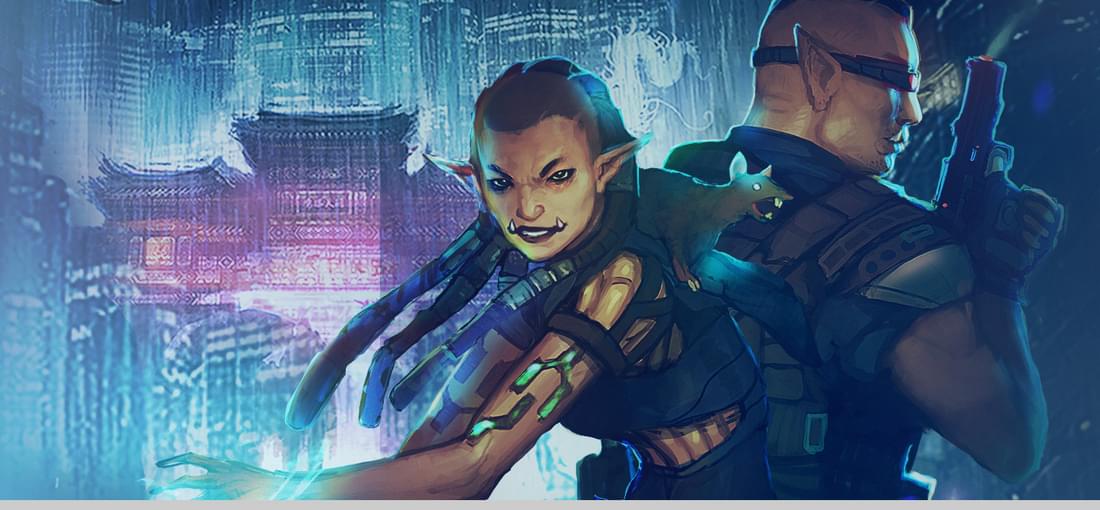


Tyranny retains, but modernizes, all defining features of Baldur's Gate. A short playtime of roughly 20-35h, and because it succeeds at almost everything it wants to do, makes it a good first CRPG to play in this subgenre. The combat mechanics are solid, with all the stats you'd expect, and the spell system is unique, complex, very thematic, but also accessible. The classless, talent-based system offers great progression, with every companion having their own talent tree. The game has a reputation for being buggy, but most of it comes from misunderstanding the design choices (whether good or bad). While you'll visit most game areas, the order, their state, and available options will differ significantly based on your past decisions. Tyranny does not shy from locking possibilities behind choices made during character generation, let alone made alliances, and a single wrong dialogue choice may silently prevent you from obtaining a quest or a reward. An inaccessible room will make you think you missed something, not knowing you'll find the key only later, and only if you make a certain, seemingly unrelated choice. A character won't speak to you, because you have worked for his rival. This is not how games are designed today, but it makes sense if you want to provide a highly roleplayable and replayable experience. The game is promoted as 'playing the evil minion' and lauded for its story. In my opinion, both are wrong. The lands were rife with petty wars before the conquest, and while the generals of the overlord are guilty of genocide, so are the rulers of all major powers in *our* world, and you may try to forge a path of least damage, truly wanting to save the Tiers within the new order. The worldbuilding is excellent, but the story is only what you make it, bringing as little, or as much character development as you decide to roleplay. Will you rebel, will you strike your own path, or will you commit more and more heinous acts because they seem most natural?

Perhaps I am not the intended audience of this game, despite it making an appearance that it might be so. I love RPGs, including some A-RPGs, but find everything hack-and-slash utterly boring, and it gives me the same vibes. 1. Not a platformer: there are many levels, but there is no challange to jumping, there are no traps, etc. 2. A forced, uninspired story. Considering how Greek myths and literature is the foundation of european/western storytelling, this was the most dissapointing thing for me. 3. A very generic,weapon progression, where you get 'poor sword'-.'mediocre sword'-'good sword'-'fine sword'-'epic sword' - etc., which increase damage, but there is no thrill to them, no interesting powers, no backstory, no need to complete quests or kill a gorgon to get them, etc. They all detoriate quite fast and break anyway, so the whole game could be rebalanced about a single tier weapons and would play exactly the same. 4. No real place for tactics, it's 100% dexterity twin stick shooter, weirdly even when you use melee weapons. 5. Plays like a very generic hack-and-slash. 6. But doesn't have the advantage of countless character builds, which are the draw of h&s games. 7. Very little variation between areas: they differ in the colour palette and background art, but, despite different enemies, they all play exactly the same. 7. As you can see with your own eyes, great art, and that, together with 8. Actually quite fun boss fights, Was enough for me to complete the game, but then, I almost always play the games till completion, just as I never leave cinema before the film ends. It's not a bad game: it's just thoroughly mediocre one, which would probablly be mercilessly trashed or even not earned a glance, were it not for the art style. So, unless you like H&S, *and* don't mind playing something mechanic purely to experience the game art, you'll find more entertainment elsewhere. The art is great. I completed it mainly because boss fights were kind of OK.

Overall, mechanically the game is almost the same as SR: Dragonfall, with a couple of improvements: - Bioware affinity skill under Body, and Cybernetic Weapon implant slot, with several cybernetic weapons, including a great, short-range (not close combat), filament whip. - A much better decking/matrix implemention. Now, in absence of black IC (homing, aggressive defensive software), it is a simple stealth game, where you avoid, in real-time, white IC following fixed routes. Only when spotted, turn-based combat, like in previous games, starts. This is a huge improvement. - Etiquettes and Charisma have a larger role, and the outcomes of several early runs affect how the final run plays (although not its final result). Sadly, the story is a bit more of a fantasy cliche. It serves its purpose and doesn't venture into camp/cringe/pastiche territory, but is totally predictable. Fortunately, your fellow runners are, if anything, more interesting than in Dragonfall, and have 'companion quests' as cool as Glory's in the previous game. The overall plot is more fantastical than in the previous games, it's harder to ignore the fantasy aspect of the game. If you liked Dragonfall for the mechanics, you'll enjoy this one, too. It does a good job of scratching the itch for a party-based, tactical cyberpunk pseudo-stealth RPG, that few, if any other games do, but stands out neither as a turn-based cover squad shooter, nor an RPG, if you ignore the setting.